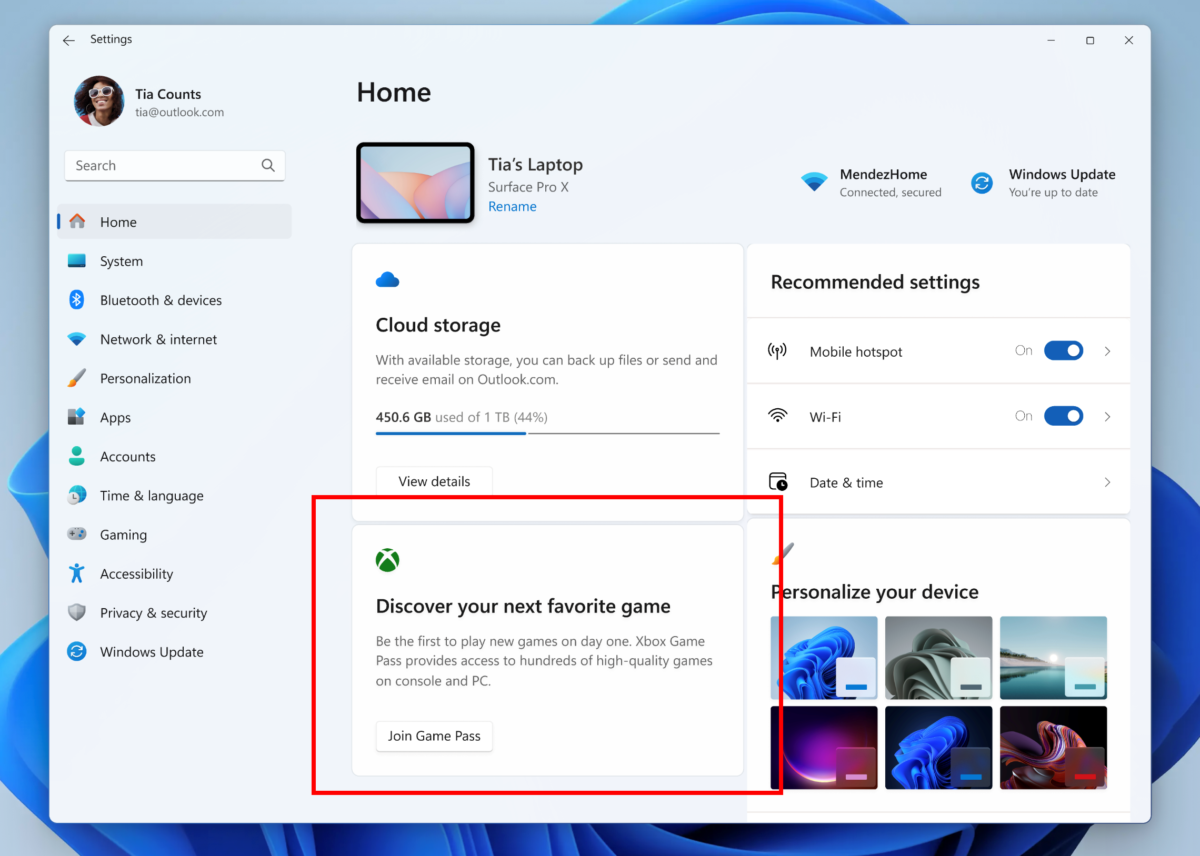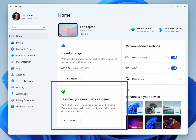I tried the odd distro here and there over the years on my old laptop/"secondary" device or whatever you want to call it, and while you get some experience with the different desktop environments and whatnot, I can't fully replicate what I'm doing with my main computer on my older laptop. Gaming is a big thing for me for example, and my laptop has an old GeForce MX250 which doesn't cut it for today's games.
What I ended up doing to really give desktop Linux a try was installing it onto a separate SSD on my main machine. You don't need a separate SSD of course, you could just repartition your existing one and install a Linux distro side by side with your existing Windows installation.
And then I just used my computer (or attempted to) for whatever I would've done on Windows at that time. So if I wanted to play a game, I tried installing it (via Steam or Bottles for example) and checked whether it worked. Same with voice chat, screen sharing, development stuff, photo editing, media consumption etc. The few times I booted up Windows again was to update the firmware of a game controller and to transfer save games I hadn't backed up elsewhere (my Windows partition is BitLocker encrypted and while you can certainly mount it under Linux, I didn't feel like it, rebooting was much quicker).
Sure, using an old device can work for checking out some things, but at least for me I wasn't sure at all until I tried doing stuff on Linux that I also did on Windows. YMMV.


